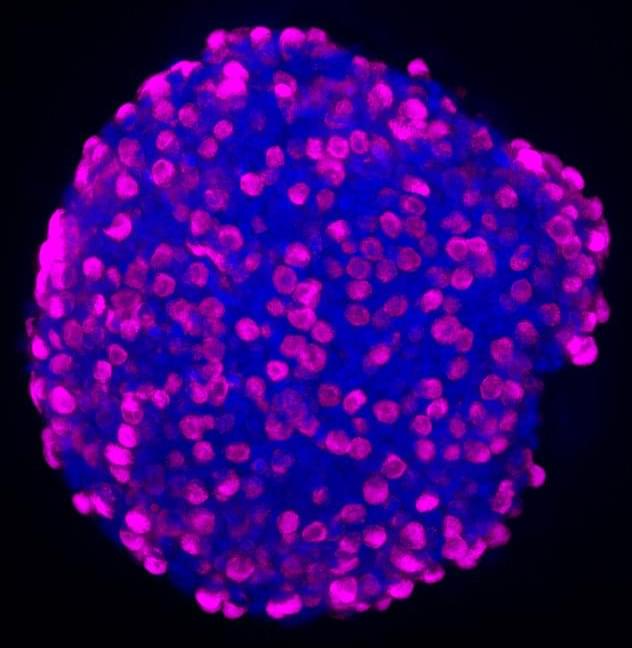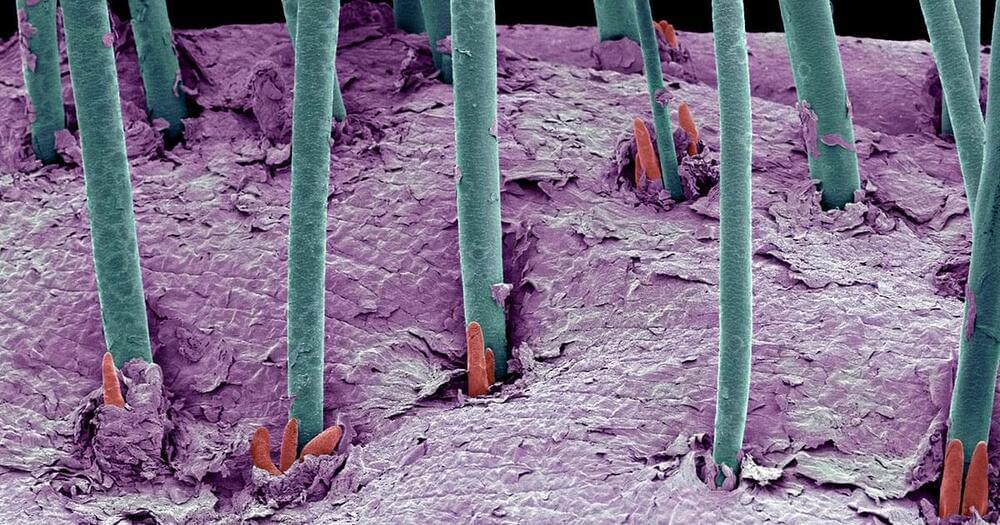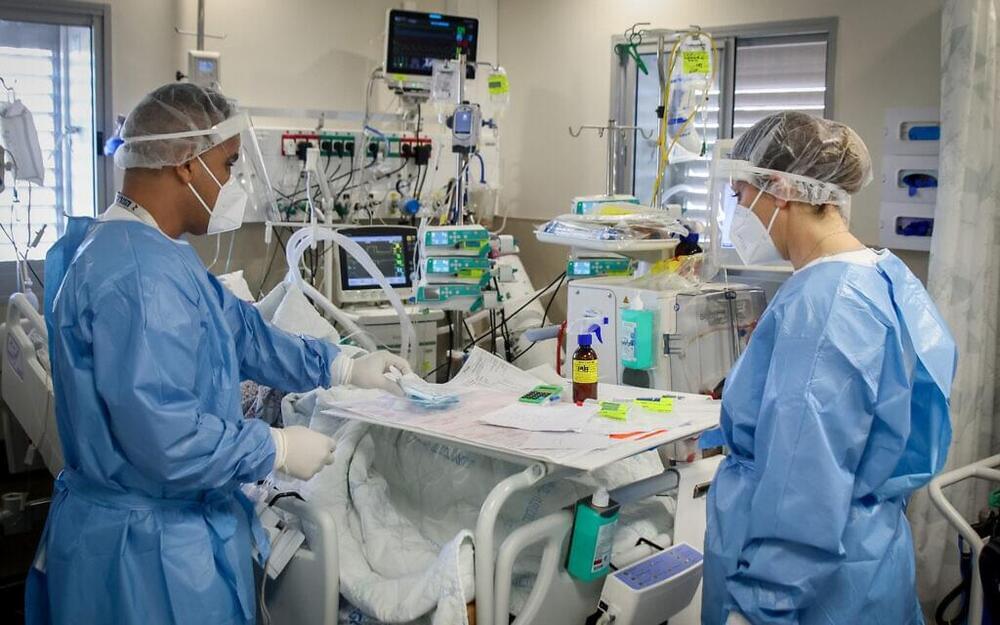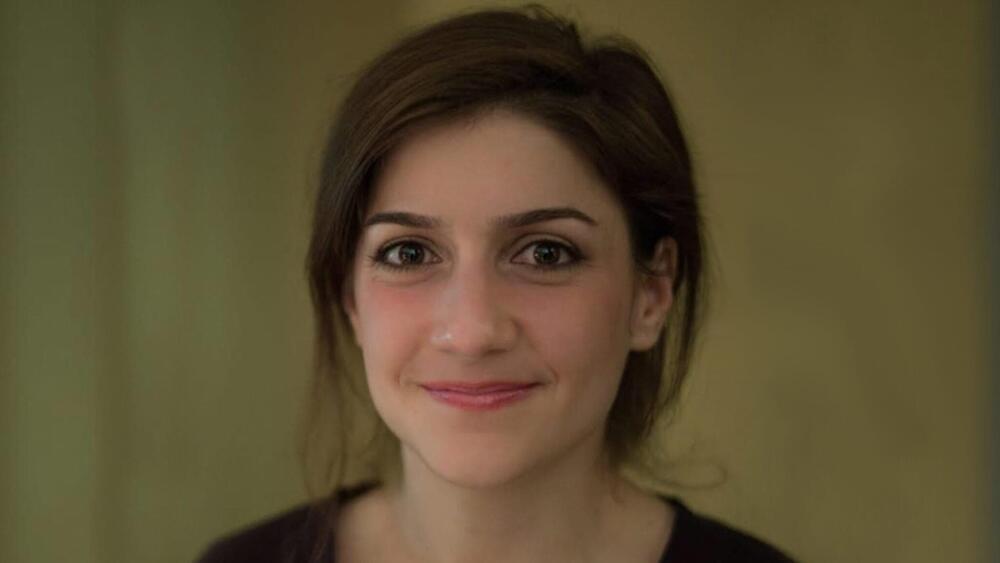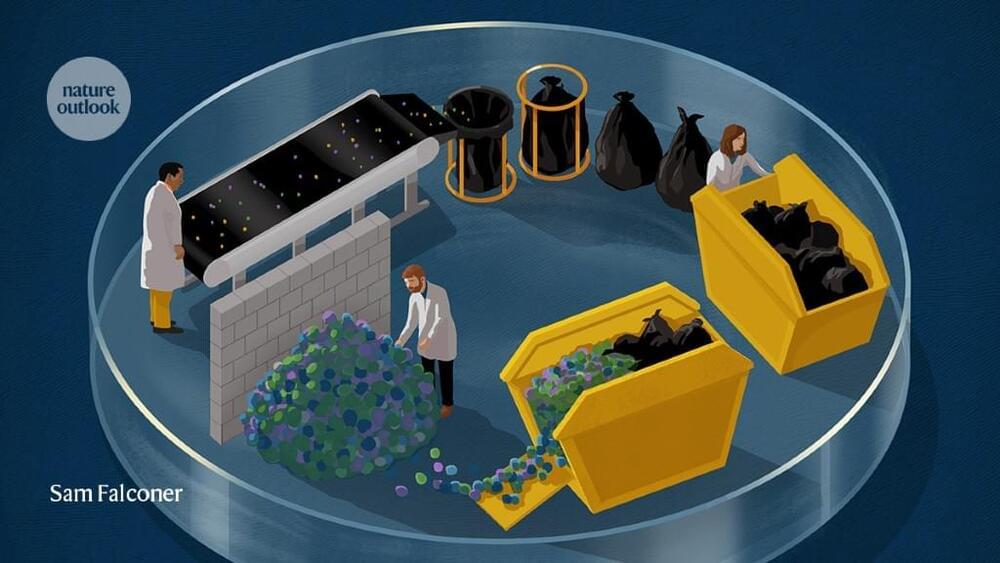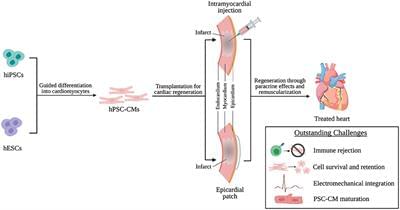There is nothing inevitable about aging, or about its rate. Californian bristlecone pines are believed to live for 5,000 years, and there are long-lived mammalian creatures as well. Some marine creatures do not display any signs of aging at all, including hydra, jellyfish, planarian worms, and coral. Certain human cells have immortal characteristics too. When a woman gives birth, she produces a baby which is “new”. Her “germline” (reproduction-related) cells produce a child with no signs of age.
These and many other considerations combine with the unreasonable effectiveness of modern AI to lead some people to believe that significant advances in longevity are imminent. These advances probably cannot happen without the active participation of the wider pharmaceutical industry, and the acceptance by policy makers and regulators that aging is a disease, not just an unfortunate and inevitable component of the human condition. There is still considerable reluctance among major pharmaceutical companies to contemplate specific anti-aging therapeutic developments. But there are encouraging signs of this reluctance being challenged, especially at Novartis and AstraZeneca.
Beyond the pharma giants, Mellon reckons there are 255 companies which claim to be specifically targeting aging, of which 35 are listed on stock markets. But he thinks that only a minority of them are genuinely working to tackle aging, as opposed to one of the diseases it causes, like cancer, dementia, or heart disease. He likens the state of the longevity industry today to the internet industry of 20 years ago, when it was still in its dial-up phase, and downloading information (or, heaven forbid, images) was like sucking jelly through a straw. And although longevity will have such a massive impact on all of us that you might expect progress to be expedited, Mellon points out that the internet did not have to go through lengthy and expensive FDA trials at every step.
